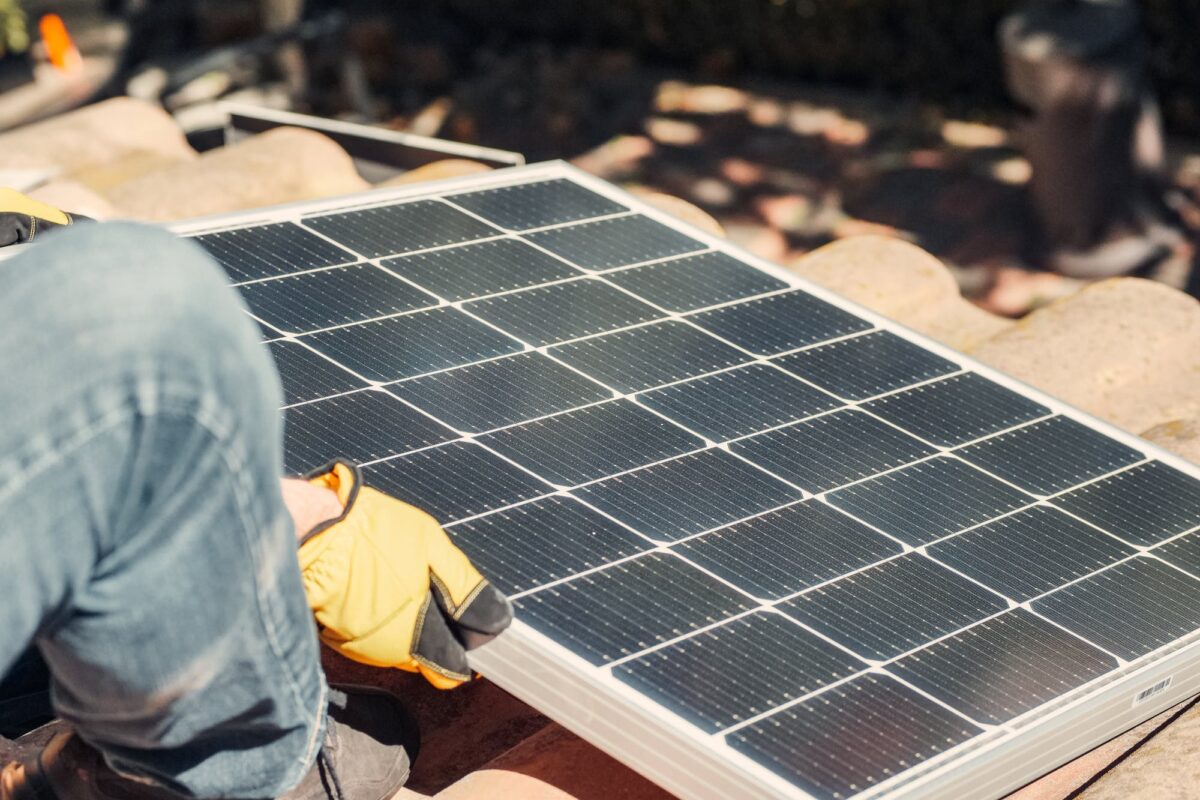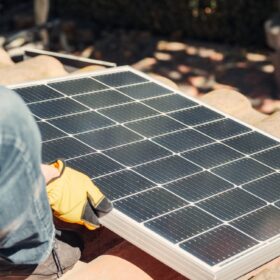It’s been a busy month on Capitol Hill in Denver, where the Colorado Public Utilities Commission (CPUC) has issued two rulings which could clear the way for greater deployment of solar, wind and batteries.
On November 1, CPUC ruled to exempt renewable energy projects 100 kW and larger that seek long-term contracts under the Public Utilities Regulatory Policy Act of 1978 (PURPA) from a requirement that they first must go through a bid or auction process. This decision became official when published earlier this week.
Projects under 100 kW were already exempt from this and receive standard rates, and the rates that the projects over 100 kW will receive will still be set by auctions. But by removing this requirement that developers must be rewarded contracts for these larger projects only through auctions, CPUC may have opened other paths to develop wind and solar in the state, which has not been one of the largest PURPA markets to date but which is already a national leader in the portion of electricity that it gets from wind and solar.
Jake Schlesinger, an attorney with the highly esteemed clean energy law firm Keyes & Fox LLP, has described this as “progress”.
Until today Colorado PUC rules required a QF to win a competitive solicitation before it could form a legally enforceable obligation. Still a lot of work to clarify the path forward, but it's progress! Decision linked, below. #PURPA #solar #wind https://t.co/bPsi18niu3
— Jake Schlesinger (@jakeschles) November 28, 2018
More changes to come
But because it has relied on auctions, CPUC has few regulations about how projects (qualifying facilities or “QF”) become eligible for PURPA contracts, until further rules are implemented. Ben Inskeep, a policy analyst at EQ Research, agrees with Schlesinger that there is a lot of work still to be done. “The recent Order in Colorado is a good sign for wind and solar development, but is only the first step in a larger process that is unfolding in the state to open its electricity market to independent developers,” Inskeep told pv magazine.
“The PUC has now directed staff to proceed with a broader rulemaking that will address major issues like how QFs can secure legally enforceable obligations and what methodology should be used to calculate the avoided cost rate applicable to QFs. That proceeding and the reforms adopted therein will be critical to determining the growth of QFs in Colorado.”
Both Schlesinger and Inskeep expect these matters to be addressed in upcoming rule-makings. “The PUC has now directed staff to proceed with a broader rulemaking that will address major issues like how QFs can secure legally enforceable obligations and what methodology should be used to calculate the avoided cost rate applicable to QFs,” states Inskeep. “That proceeding and the reforms adopted therein will be critical to determining the growth of QFs in Colorado.”
But the biggest action from CPUC may have come yesterday, when according to Schlesinger the body ruled that investor-owned utilities have to examine energy storage before making infrastructure investments.
More positive developments today at the Colorado PUC! IOUs will be required to examine #energystorage as an alternative to ALL infrastructure investments – generation, transmission and distribution. Detailed modeling of storage benefits will be required. #thefuture
— Jake Schlesinger (@jakeschles) November 28, 2018
As this second ruling has not been inked, we are unable to provide further details, but will do so when this new rule is published.
This content is protected by copyright and may not be reused. If you want to cooperate with us and would like to reuse some of our content, please contact: editors@pv-magazine.com.









By submitting this form you agree to pv magazine using your data for the purposes of publishing your comment.
Your personal data will only be disclosed or otherwise transmitted to third parties for the purposes of spam filtering or if this is necessary for technical maintenance of the website. Any other transfer to third parties will not take place unless this is justified on the basis of applicable data protection regulations or if pv magazine is legally obliged to do so.
You may revoke this consent at any time with effect for the future, in which case your personal data will be deleted immediately. Otherwise, your data will be deleted if pv magazine has processed your request or the purpose of data storage is fulfilled.
Further information on data privacy can be found in our Data Protection Policy.